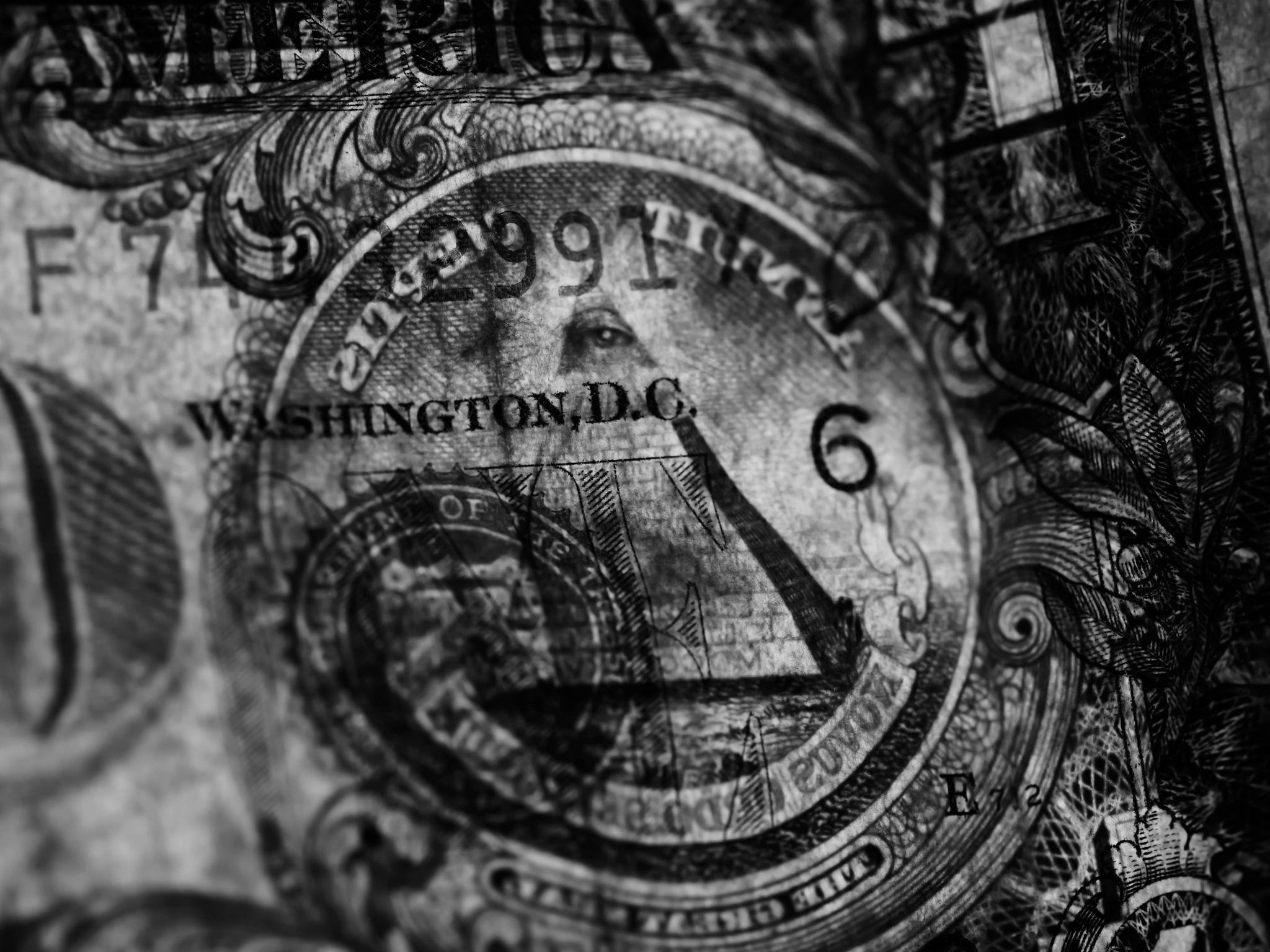
The SPDR S&P 500 ETF Trust SPY (NYSE:SPY) traded lower by 1.2% on Thursday morning after the Labor Department reported a 7.9% increase in the consumer price index in the month of February, the largest inflation growth since 1982.
What Happened: The headline CPI rose 7.9% in February, above economist estimates of 7.8% and marking the highest growth rate since January 1982. The CPI was up 0.8% on a monthly basis.
Core inflation, which excludes volatile food and energy prices, was up 6.4% in February, in-line with economist estimates.
Gasoline prices were up 6.6% month-over-month and 38% compared to a year ago. Grocery prices were up 1.4% in February and 8.6% over the past 12 months. Used car prices dropped 0.2% on a monthly basis but remain up 41.2% from a year ago.
The latest CPI inflation reading comes after the Labor Department reported last week that U.S. wages grew 5.1% year-over-year in February. Unfortunately, the latest inflation numbers suggest prices are rising faster than wages for many Americans.
Related Link: Why Energy And Food Price Shock Could Last 'At Least A Year'
Voices From The Street: Robert Schein, chief investment officer for Blanke Schein Wealth Management, said the latest inflation numbers provide more confirmation that inflation is not transitory and has not yet peaked.
"We believe there will be even stronger inflation reports over the coming months, which suggests that the Federal Reserve needs to accelerate its rate hike plans, even with the renewed uncertainty that has emerged from the crisis in Russia and Ukraine," Schein said.
Barry Gilbert, asset allocation strategist for LPL Financial, said the Fed remains on track for a 0.25% interest rate hike next week.
"CPI inflation is a multi-decade high and will weigh on consumers, but it was broadly in line with expectations and will not have much of an impact on markets or change the course of the Fed," Gilbert said.
Joseph Brusuelas, principal & chief economist for RSM US LLP, said the inflation report foreshadows what will likely be a difficult period of rising costs for the average American household.
"What makes this worse is that the price shock cascading throughout the U.S. economy is going to be held hostage to external events and policy decisions that have little to do with economic fundamentals," Brusuelas said.







